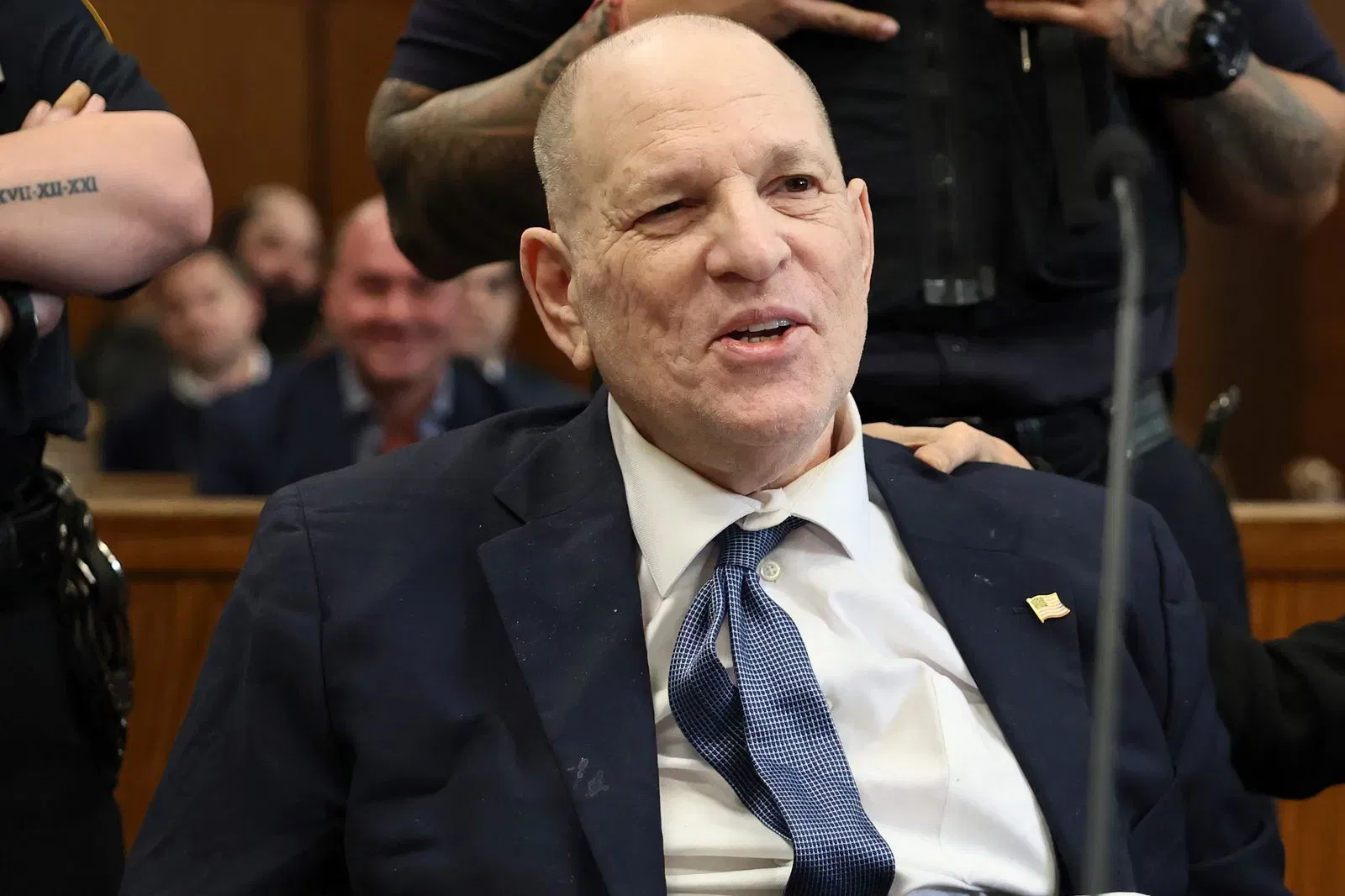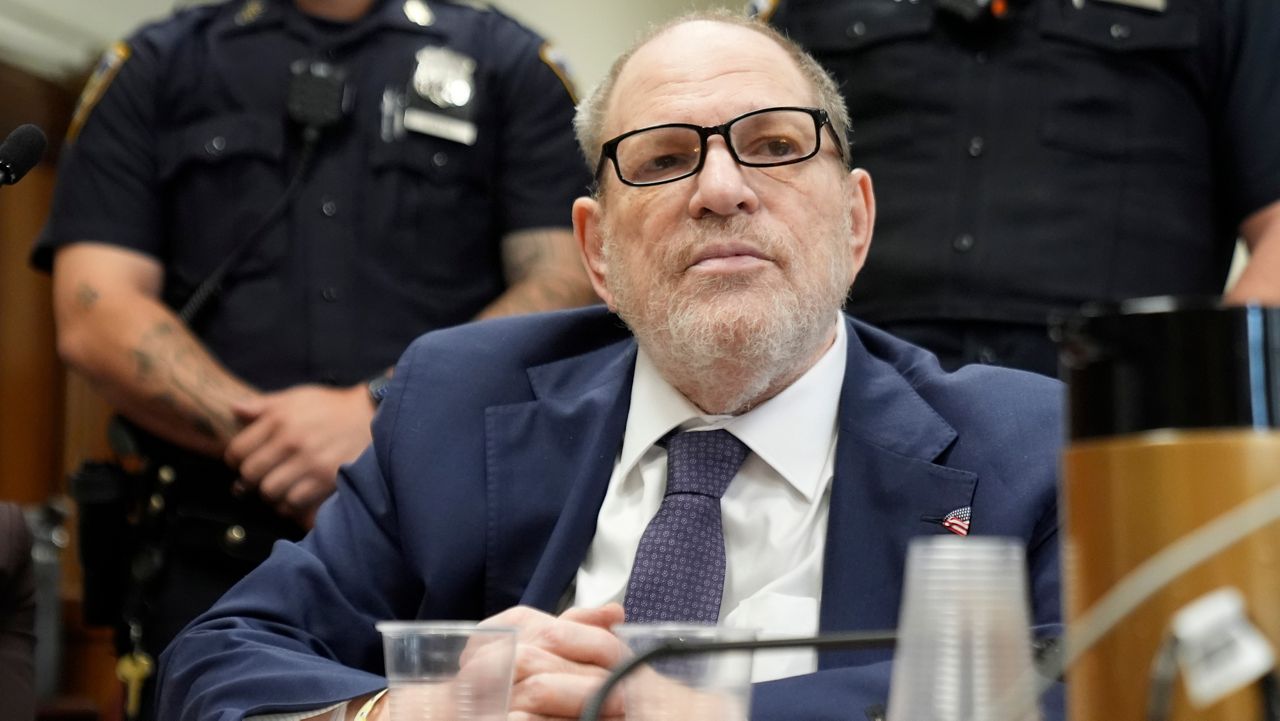During the rape and sexual assault trial of former Hollywood mogul Harvey Weinstein, a juror expressed concerns that some members of the 12-person jury panel were treating others unfairly. The juror described a “bit of a shunning” and said that certain jurors were speaking and acting behind the backs of others in a way they felt was unjust.
Despite asking to be dismissed from the jury, the judge overseeing the case, New York Supreme Court Justice Curtis Farber, declined to remove the juror, stating there was no legal reason to do so.
Judge Addresses Jury Concerns as Weinstein Faces Retrial Over Overturned 2020 Conviction
Justice Farber confirmed that no juror was being pressured to change their views on the case and invited any other juror who felt uncomfortable to speak with him privately. Weinstein’s defense team indicated they would propose a solution to the situation later. This incident occurred on the second day of jury deliberations, with all alternates having been dismissed the day prior. No other jurors were present during this exchange.

Harvey Weinstein, 73, was convicted in February 2020 by a Manhattan jury of rape. However, the New York Court of Appeals overturned that conviction, ordering a new trial due to errors made by the trial judge. Prosecutors allege that Weinstein sexually assaulted three women, including raping aspiring actress Jessica Mann in 2013. Weinstein denies all allegations of non-consensual sex and has pleaded not guilty in the current trial.
Weinstein Faces Lengthy Sentence Amid Claims of Predation and Defense of Consensual Acts
If convicted, Weinstein faces a maximum of 25 years in prison on two counts of criminal sexual acts and up to four years on one count of rape. He is already serving a 16-year sentence following a separate 2022 California conviction for rape. The current trial is a high-profile effort to address further accusations against the former movie producer.
The Manhattan District Attorney’s office portrays Weinstein as a serial sexual predator who exploited women by promising career opportunities in Hollywood, only to assault them in private. In contrast, Weinstein’s defense lawyers argue the sexual encounters were consensual. They also accuse the accusers of fabricating allegations after failing to advance their careers by refusing Weinstein’s advances.


